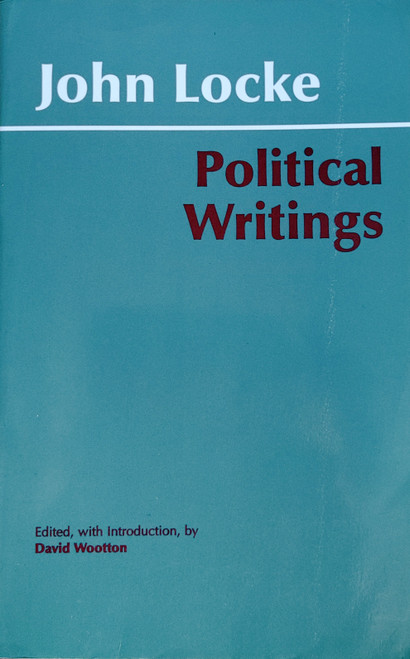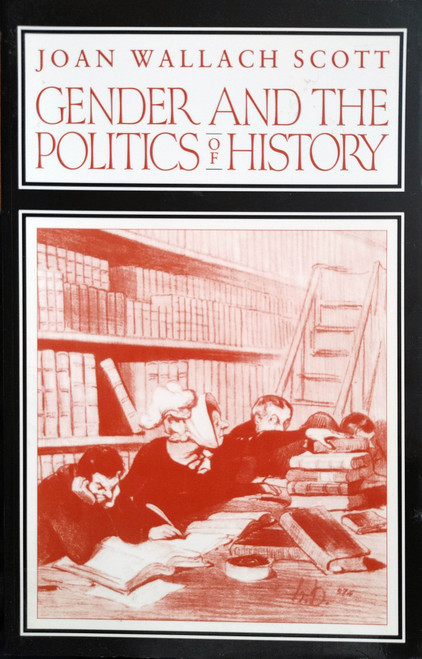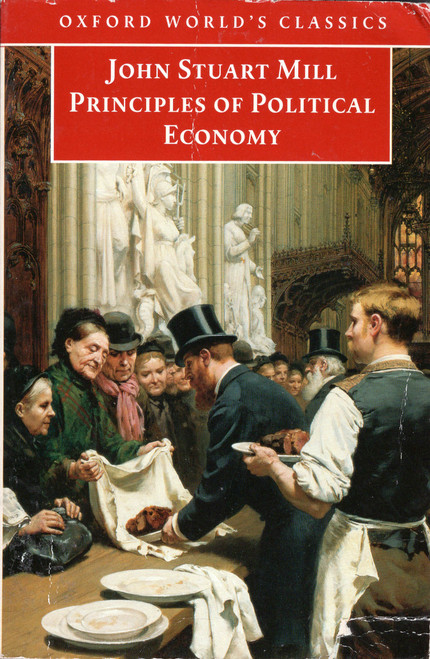John Locke's Second Treatise of Government (c. 1681) is perhaps the key founding liberal text. A Letter Concerning Toleration, written in 1685 (a year when a Catholic monarch came to the throne of England and Louis XVI unleashed a reign of terror against Protestants in France), is a classic defense of religious freedom. Yet many of Locke's other writings--not least the Constitutions of Carolina, which he helped draft--are almost defiantly anti-liberal in outlook.
This comprehensive collection brings together the main published works (excluding polemical attacks on other people's views) with the most important surviving evidence from among Locke’s papers relating to his political philosophy. David Wootton's wide-ranging and scholarly Introduction sets the writings in the context of their time, examines Locke's developing ideas and unorthodox Christianity, and analyzes his main arguments. The result is the first fully rounded picture of Locke’s political thought in his own words.
Edited, with Introduction, by David Wootton
About the Author
John Locke (1632-1704) was a British political philosopher who is often cited as the father of political liberalism, as well as the first of the British Empiricists. His ideas had enormous influence on the development of epistemology and political philosophy, and he is widely regarded as one of the most influential Enlightenment thinkers and contributors to liberal theory. His writings influenced Voltaire and Rousseau, many Scottish Enlightenment thinkers, as well as the American revolutionaries. This influence is reflected in the American Declaration of Independence.
David Wootton is Anniversary Professor of History, University of York. His translations of Machiavelli (The Prince and Selected Political Writings), Thomas More (Utopia), and Voltaire (Candide and Related Texts) are also published by Hackett Publishing Company.







